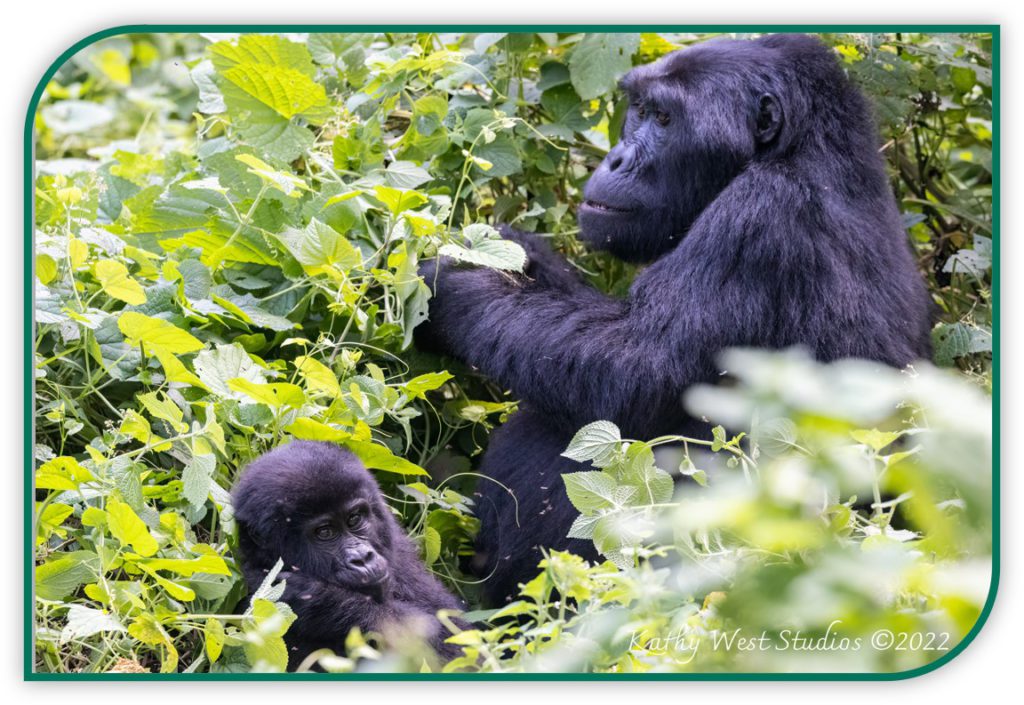
ASP Melinda Novak Primate Welfare Grant

Application Deadline: August 15, 2025
Funding for the ASP Primate Welfare Grant will be awarded to research projects designed to improve the lives of nonhuman primates in any setting (captive, semi-free ranging, and wild) which are highly impactful and innovative. Award amounts are up to $2000.
Proposal instructions:
All proposals should be formatted using the ASP Primate Welfare Grant application form which can be found here.
Projects must document full approval by their Institutional Animal Care and Use Committee, or equivalent ethical research reviewing body, before funds are disbursed.
The grant recipient must submit a final report form (which will be provided with receipt of funds) to the Chair of the Primate Care Committee within 18 months of receiving funds. The report should highlight the recipient’s experiences and how the funds from ASP impacted their project.
- Applicants must be a current ASP Member. Membership in ASP for individuals from habitat or developing countries is FREE for those unable to pay dues. Please contact the ASP Treasurer for more details on complimentary membership. Please note that new and complimentary memberships can take up to a week to process.
- For an ASP Primate Welfare Grant application, you will need to provide two letters of recommendation. The online grant application will require the email addresses of your two letters of recommendation and automatically emails them with instructions on how to submit their letters. To ensure that the letters are received in time for review, these letters should be submitted within 2 weeks of the grant application deadline.
- Undergraduate and graduate student applicants must have a sponsor/mentor. The sponsor/mentor does not need to be a member of ASP but should write one of the two letters of recommendation. Postdoctoral, junior faculty, and other professionals do not need a mentor to apply.
- The applicant must be officially affiliated with an institution that can assure that the funds are used appropriately (e.g., Primate Center, University, Foundation or established Field Program), funds will be distributed to the institution, not the individual.
- Grant proposals should be designed to test hypotheses relating to the development/piloting of new welfare-based ideas and the evaluation of their impact. Examples include (but are not limited to) the evaluation of: innovative enrichment and/or husbandry techniques; new clinical or behavioral treatments; improvements to positive reinforcement training; new technologies as welfare tools; new concepts that directly affect wild primate welfare; ways that the environment (space, structure, location, social composition, social network analysis, etc.) can affect behavior, health, and welfare; innovative, noninvasive methods of assessing health and well-being; etc. Proposals focused purely on conservation or basic research activities are not eligible as a welfare focus is required.
- Merit will be the primary criteria for the consideration of each grant. Specifically, we rate each application on 1) innovation and originality, 2) proposed research quality, 3), the methodological approach and feasibility of the proposed study, and 4) the potential impact of the proposed research.
- In the event of a tie, application origin (developing or primate range country) will be used as a tie breaker, as will a preference to applicants who have never received an ASP Primate Welfare Grant.
- Assurance should be given that if adjunct funding critical to the overall project does not arrive, the ASP funds will only be used for the proposed project.
- Field/Zoo/Sanctuary/Research Facility applications will be treated equally.
- Funds should not be used to support institutional overhead costs, build institutional infrastructure, to purchase institutional equipment that is typically provided by the sponsoring institution, or to cover publishing fees.
- Previously awarded applicants are not eligible to apply the following year after receipt of funding.
- For proposals that include an (optional) education or outreach component, applicants should describe the proposed activity and how they will evaluate the success of that activity.
If you have any questions regarding your proposal’s suitability for funding, please review the Frequently Asked Questions (FAQ) or contact the Co-Chairs of the Primate Care Committee: Ori Pomerantz (opomerantz@ucdavis.edu) and Jaine Perlman (jeperlm@emory.edu).
This grant is administered by the Primate Care Committee. Chairs: Ori Pomerantz and Jaine Perlman.